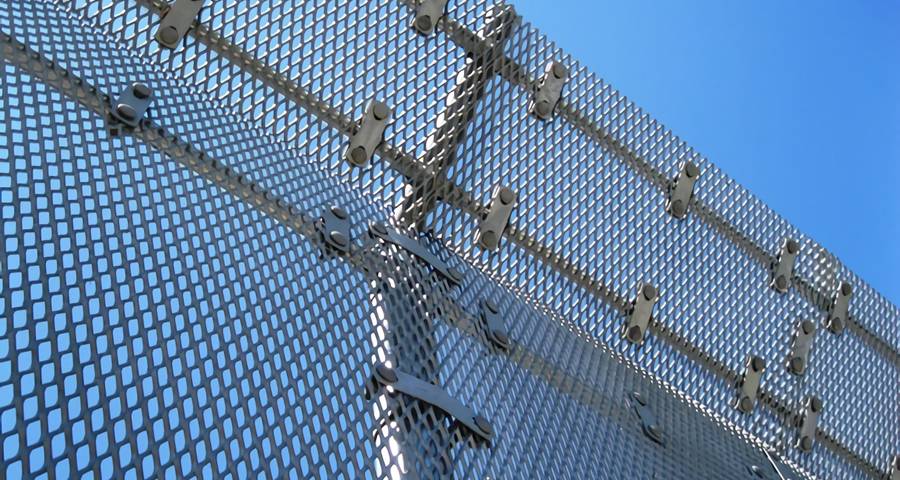
Guardrails serve several essential functions across various settings:
Safety Assurance: They enhance security by preventing accidental entry into hazardous zones like construction sites, roads, and public areas (e.g., pools or zoos), thereby reducing risks to people and vehicles.
Aesthetic Enhancement: Beyond protection, guardrails contribute to urban and landscape beautification. They blend with surroundings through tailored materials, colors, and designs, enriching visual appeal in cities and gardens.
Space Management: Guardrails demarcate functional areas (e.g., industrial zones, commercial districts) and provide temporary segregation for events or construction, ensuring orderly operations.
Behavioral Control: Their height, density, and sturdiness deter trespassing and unsafe actions, such as jaywalking or accessing restricted spaces.
Visual Alert: Designed with distinctive colors and patterns, guardrails warn drivers and pedestrians, promoting heightened awareness and accident prevention.
